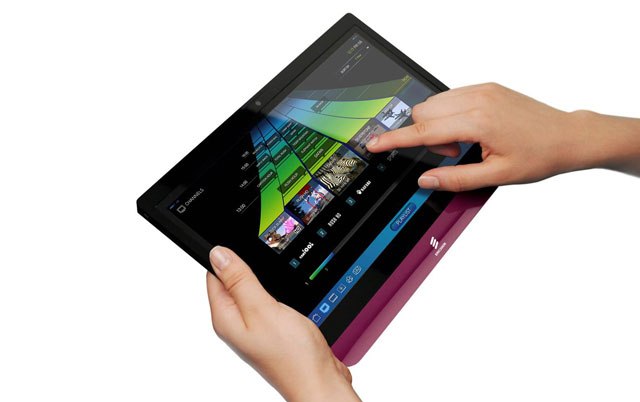Ericsson Consumer Lab’s annual report shows that consumers want technology and connectivity to be integrated into all facets of daily life – in everything from bathroom mirrors, to sidewalks and medicine jars. Consumers are becoming more comfortable with ideas that once seemed beyond imagination – like robots in the home and mind sharing
The insights in the report “10 hot consumer trends for 2015 and beyond” come from Ericsson Consumer Lab’s global research program, with a special focus this year on smartphone owners aged 15 to 69 in Johannesburg, London, Mexico City, New York, Moscow, San Francisco, Sâo Paulo, Shanghai, Sydney and Tokyo – statistically representing the views of 85 million frequent internet users.
These are the 10 hot consumer trends for 2015 and beyond:
- The streamed future. Media use patterns are globalizing. Viewers are shifting towards easy-to-use on-demand services that allow cross-platform access to video content. 2015 will be historic as more people will watch streamed video on a weekly basis than broadcast TV.
- Helpful homes. Consumers show high interest in having home sensors that alert them to water and electricity issues, or when family members come and go.
- Mind sharing. New ways to communicate will continue to appear, offering us even more ways to keep in touch with our friends and family. Many smartphone owners would like to use a wearable device to communicate with others directly through thought – and believe this will be mainstream by 2020.
- Smart citizens. The idea of smart cities is intriguing – but a lot of that intelligence may actually come about as a side effect of the changing everyday behaviors of citizens. As the internet makes us more informed, we are in turn making better decisions. Consumers believe traffic volume maps, energy use comparison apps and real-time water quality checkers will be mainstream by 2020.
- The sharing economy. As the internet enables us to efficiently share information with unprecedented ease, the idea of a sharing economy is potentially huge. Half of all smartphone owners are open to the idea of renting out their spare rooms, personal household appliances and leisure equipment as it is convenient and can save money.



































